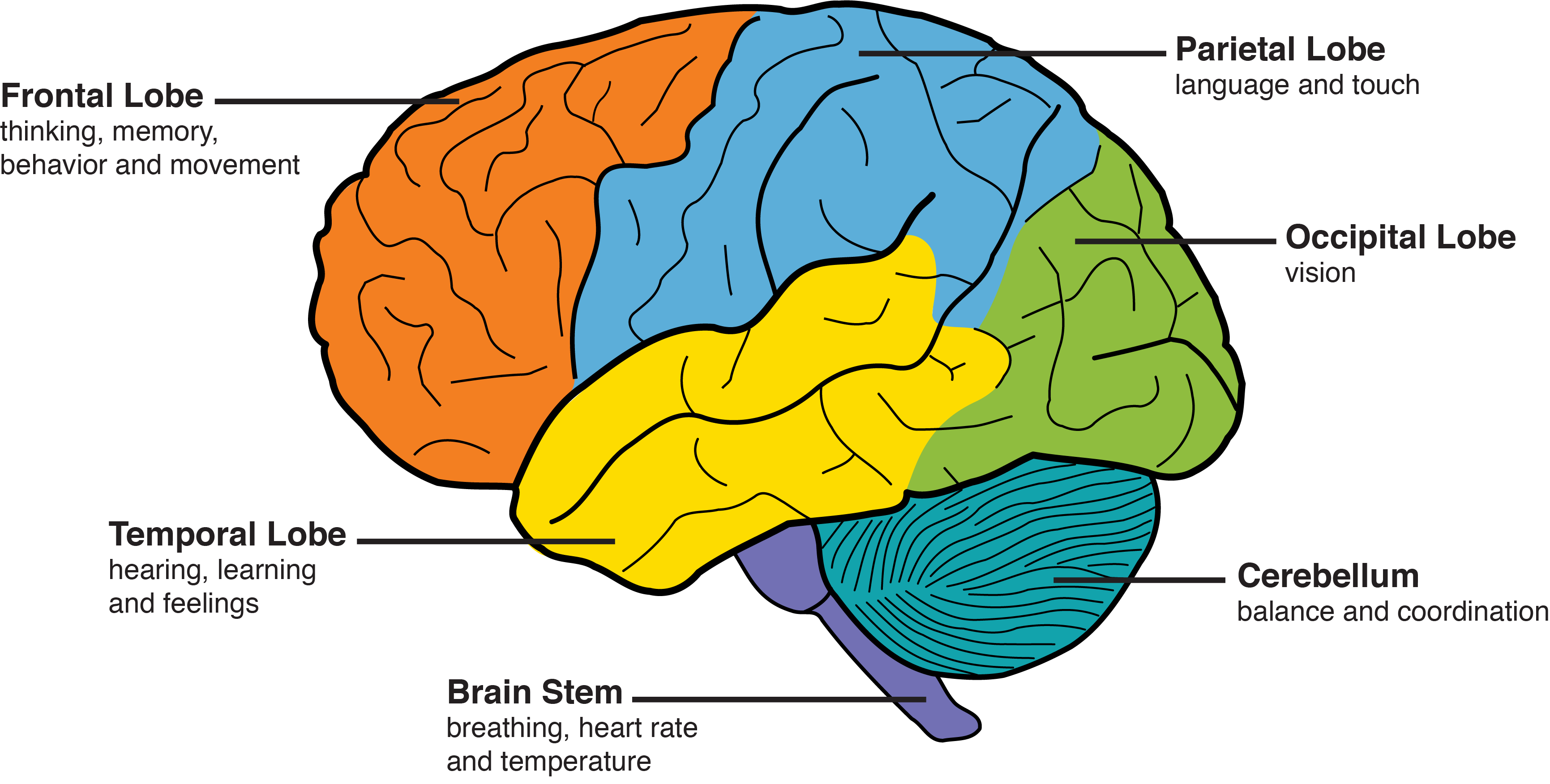What Causes My Old Mom to Talk Crazy for a Night and Then She Back to Normal
Behavior and personality often change with dementia. People with dementia often act in ways that are very different from their "old self," and these changes can be hard for family and friends to deal with. Behavior changes for many reasons. In dementia, it is usually because the person is losing neurons (cells) in parts of the brain. The behavior changes you see often depend on which part of the brain is losing cells.

For example, the frontal lobes are the area of the brain right behind the eyes that controls our ability to focus, pay attention, be motivated and other aspects of personality. Therefore, when cells in the frontal lobes of the brain are lost, people are less able to plan and stay focused. They are often less motivated and become more passive. The frontal lobes also control our impulses. Someone with frontal lobe deficits may act rudely or insensitively.
Dementia also alters how a person responds to their environment. A person with Alzheimer's disease may be forgetful and have trouble following conversations. They may become angry and frustrated because they cannot follow what is going on. Noise, conversation, crowds and activity may be over-stimulating and too difficult to process or understand. Also, many people with dementia rely on others for emotional cues. For example, if you are anxious and worried, many people with dementia will mirror your emotions and become anxious and worried.
Behavior can also change due to medical issues, such as pain or infection. A person with dementia may have a painful condition but may be unable to explain it or describe it. Instead, they may act out in an angry way or be less active. Urinary tract infections, constipation and poor sleep are examples of conditions that can cause sudden changes in the way a person behaves. Finally, some medications may cause changes in the way a person behaves.
What You Can Do
- Consider an evaluation by the person's health care provider. Sudden changes could be a sign of an infection, pain, or side effect of a medication. Do not assume that behavior and personality changes are always due to dementia.
- While there are medicines that may help soften some behavior changes, medicines are not always the answer. Some behaviors cannot be "fixed" using medicine. For example, no medicine will prevent a person from pacing or wandering. Some medicines can also cause negative side effects and actually make things worse.
- Think of behavior as a form of communication. If the person with dementia acts out in an angry or irritated way, it's a way of telling others that they may be overwhelmed, in pain, confused or frightened.
- Try to identify what is causing the behavior change. Was there a trigger or something that happened right beforehand? For example, was there an unexpected visitor that disrupted the person's normal routine? Does the behavior occur at bath time?
- Consider whether the behavior is risky and hazardous, versus annoying and frustrating. Risky and hazardous behavior might be when the person gets angry and tries to walk out of the house in an unsafe manner. You may have to respond in an active way, such as walking with them, distracting them and then installing locks on the door. Annoying and frustrating behavior may require a softer response. For example, if the person paces about the house but is calm and doesn't try to leave, it may be best to work on accepting that the pacing is okay.
- Try to create a daily routine that is structured and predictable for the person with dementia. Routine is an important source of comfort.
- Foster an attitude of acceptance. The behavioral changes are due to real issues and are not because the person is deliberately trying to be difficult.
- Try to be calm and patient. This means you will need to take breaks. Walk into a different room. Count to 10.
- Talk to other caregivers. Consider a support group where you might learn about helpful strategies that other caregivers have used.
DICE: A Tool for Understanding & Responding to Behavior
Adapted from: Fraker J, Kales HC, Blazek M, Kavanagh J, Gitlin LN. The role of the occupational therapist in the management of neuropsychiatric symptoms of dementia in clinical settings. Occupational Therapy in Health Care. 2014;28:4-20. doi: 10.3109/07380577.2013.867468
Tips for Common Behavior and Mood Changes
What Causes My Old Mom to Talk Crazy for a Night and Then She Back to Normal
Source: https://memory.ucsf.edu/caregiving-support/behavior-personality-changes
0 Response to "What Causes My Old Mom to Talk Crazy for a Night and Then She Back to Normal"
Postar um comentário